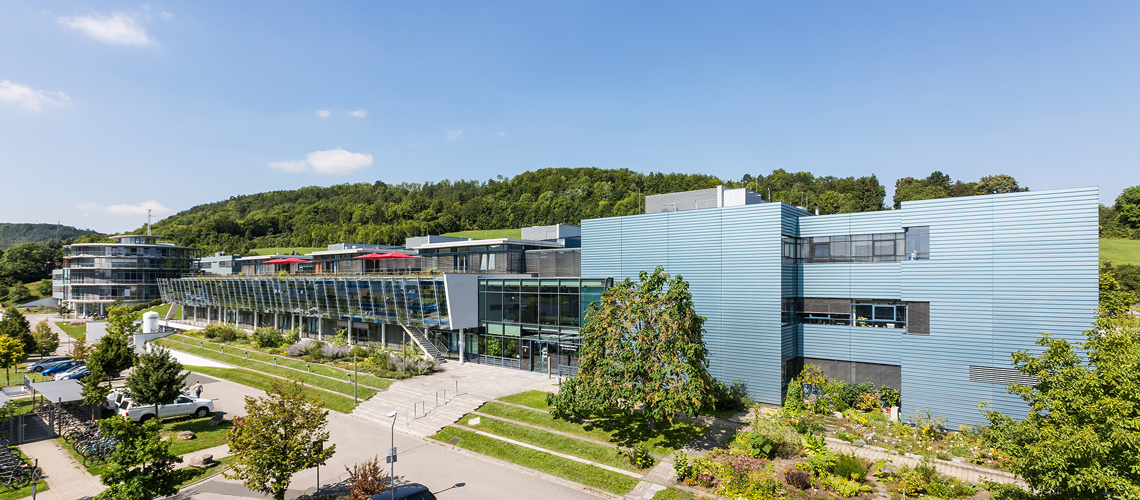Job Offer from July 07, 2023
The Max-Planck-Institut für Kohlenforschung in Mülheim an der Ruhr is a renowned research institution that is over 100 years old and has already received two Nobel Prizes in its history. The institute is engaged in basic research in the field of catalysis.
The Department “Powder Diffraction and Surface Spectroscopy” is presently looking for a highly motivated doctoral student (f/m/d) with expertise in heterogeneous catalysis and solid-state characterization techniques.
In the course of the energy transition, alternatives to fossil fuels are being explored, and in this context ammonia as a hydrogen carrier is a hot topic. The research group Powder Diffraction and Surface Spectroscopy group led by Prof. Dr. Claudia Weidenthaler has been working for many years on the catalytic cracking of ammonia and the specific structure-property relationships of different catalysts.
Job description
The Weidenthaler group is specialized in operando and in situ crystallographic experiments of catalysts tested for energy-relevant applications. Our new team member will focus on the in situ/operando investigation of inorganic solid-state catalysts for ammonia applications. The operando experiments will be implemented in our laboratories and at large research facilities (synchrotron and neutron sources). X-ray powder diffraction, X-ray absorption and scattering techniques as well as surface sensitive methods will be applied to study bulk structures as well as the local structures of catalysts, catalyst supports and their interfaces under reaction conditions. Communication of research results in the department, in journal articles and by oral presentations at confernces is expected.
Qualification
The ideal candidate should have
- a Masters degree obtained in inorganic/physical chemistry, physics, mineralogy, materials science or related fields
- experience in heterogeneous catalysis
- profound knowledge in inorganic solid-state chemistry, and basic knowledge in crystallography
- excellent English language and communication skills
- a proactive mindset and goal-oriented work ethic
We offer
- The PhD will be remunerated according to the Max Planck Society´s funding guidelines for junior scientists according to TVöD (Bund).
- You will benefit from the department’s excellent access to bleeding-edge experimental infrastructure and intellectual resources, along with plenty of possibilities for personal and professional development in a highly interdisciplinary environment.
- PhD positions are typically limited to 3 years, with the possibility to extend if the scientific progress and funding permits. PhD students need to register at the University Duisburg-Essen as a doctoral student.
Expected starting date: September 1, 2023
Your applications
Please send your application documents in a single PDF document, including cover letter with description of intent, curriculum vitae and information in electronic form to Prof. Dr. Claudia Weidenthaler weidenthaler@kofo.mpg.de, Max-Planck-Institut für Kohlenforschung, Kaiser-Wilhelm-Platz 1, 45470 Mülheim, Germany.
The Max Planck Society strives for gender equity and diversity. We welcome applications from all areas. Severely disabled applicants will be given preferential consideration if they are equally qualified. Information on the collection of personal data according to Art. 13 DSGVO can be found on our homepage under Data Protection. More information on support for working parents and our data protection policy can be found on our homepage.
